- It’s one of the biggest legal dilemmas in cruise: if the itinerary changes, are you entitled to compensation?
- Laura Hill booked a Disney cruise to the South Pacific, which was changed to an all-Australian itinerary. She was initially offered no compensation or refund.
- Cruise lines reserve the right to alter itineraries in the terms and conditions, but not many cruisers know this doesn’t preclude them from seeking refunds or compensation.
Laura Hill booked a cruise on Disney Wonder from Sydney to Noumea for New Year’s Eve this year and was excited for the tropical sunshine. But she was devastated to receive an email informing her that the itinerary had changed to an Australia-only cruise, visiting Eden and Hobart.
Hill – not her real name as she asked for her anonymity to be protected – maintained there is a huge disparity between a South Pacific, international voyage versus a local sailing through New South Wales and down to Tasmania. Due to the changes she no longer wished to take a cruise.
She was initially not offered a refund or any compensation. However, Disney finally decided to fully refund passengers about nine days after the changes.
However, itinerary changes are increasingly common. And Disney’s decision to refund actually goes far beyond the usual response from cruise lines. So the question remains: what are your rights when this happens?
Hill said she was extremely unhappy with the changes and wanted to investigate her rights.
“Disney Cruise Lines have decided to change our destination from Noumea to Eden and Hobart in Australia due to unrest in Noumea, despite cruise ships still having clearance to travel there. No compensation has been offered for this destination change when the new destination isn’t even comparable. They are still expecting us to pay the exact same amount for a cruise now based in Australia,” she said.
“The supervisor hung up on me when I asked why travellers are being offered 30 per cent discount when they book cruises around Australia and New Zealand, yet we aren’t being offered the same deal when our cruise is now based in Australia only.”
After an comment from Hill, contacted Cruise Passenger sought legal guidance from Victoria Roy, principal solicitor at Victory Travel & Cruise Lawyers. However, no legal proceedings were needed as in the days following her conversation, she and the other guests received a full refund for their cruise.
The reason Hill had wanted to instigate legal proceedings was that she was maintaining that the rerouted South Pacific Cruise to Australia was not the goods and services she had purchased.
Cruise itinerary changes like this are a common occurrence. A recent Carnival Cruise Line voyage which was scheduled to the South Pacific was also diverted to Australia. Passengers have still not been offered refunds.
Cruises are often cancelled or diverted for a large number of reasons such as mechanical failures, civil unrest, natural disasters and more. While unavoidable, the issue lies in when a customer has paid for a product and is no longer happy with the replacement product being offered but are unable to obtain a refund.
“I honestly wouldn’t have cared if the new destination was somewhere else overseas like New Zealand, but I didn’t pay $7000 to go around Eden and Hobart,” said Hill.
“If I wanted this type of tour, I would have booked it, but I didn’t. I wanted an overseas experience with my daughter instead.”
Passengers often find themselves powerless as a cruise line’s terms and conditions reserve the right to change itineraries as they please without a legal obligation to offer compensation or refunds.
However, Roy says passengers should not allow the terms and conditions to deter them, and should question whether they are entitled to compensation or a refund.
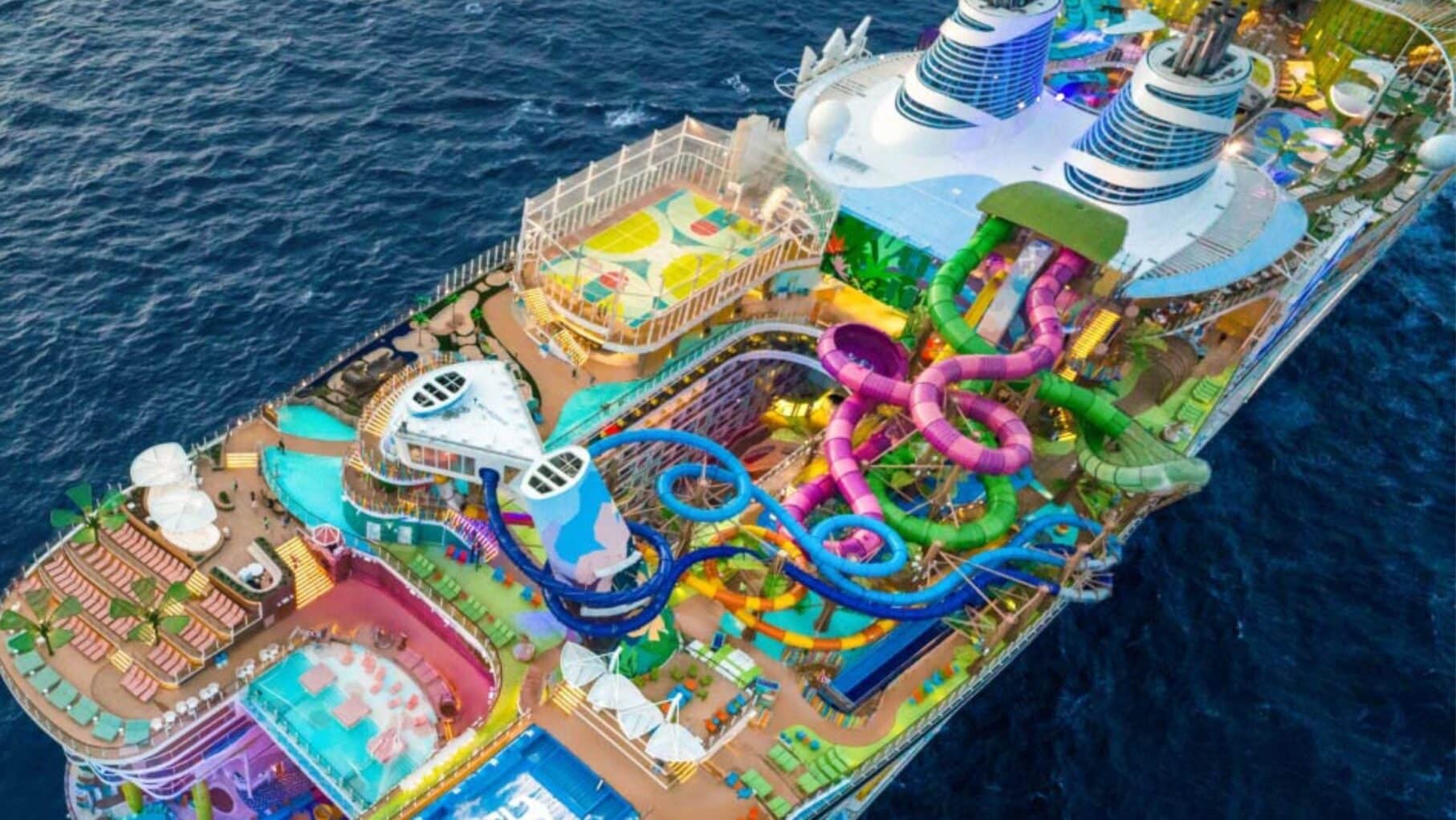
Cruiser lawyer says cruisers should seek refunds in these situations
Concerning the case of Disney cancellations, Roy comments that safety concerns are understandable, but when itineraries are greatly changed, refunds should be offered.
“The Australian Government has put New Caledonia on Level 3 status which means ‘reconsider your need to travel’ due to political tensions and risk of civil unrest. I would therefore not criticise DCL for being cautious and changing their itinerary to avoid Noumea.
“However, given the major changes to the cruise itinerary and experience, I would criticise DCL for failing to cancel the cruise or giving passengers the opportunity to cancel the cruise. Under the Australian Consumer Law (ACL), DCL guarantees to provide services that are fit for purpose and are of a nature and quality that might reasonably be expected to achieve the result desired by the passengers.”
Roy says that in this situation, the product would be so different that refunds need to be offered.
“No doubt as well as enjoying a Disney experience, passengers were expecting warm weather and foreign destinations in the South Pacific rather than a domestic cruise south to cooler climates. If passengers do not agree with his unilateral change in itinerary, I would therefore suggest that they remind DCL of their obligations under s61 of the ACL and seek a full refund. If not forthcoming, I would encourage them to get legal advice.”
Therefore, regardless of if it was only due to customer complaints, Disney actually went beyond what most cruise lines usually do, by offering a refund and fulfilling their obligation under Australian consumer law.
Roy points to a recent case with partially analogous events, where the court decided that a refund must be offered.
“In the Moore v Scenic Tours class action, Scenic Tours did not cancel the cruise when they knew about the bad weather or give passengers the opportunity to cancel. Instead, Scenic imposed a changed itinerary on the passengers. The court found that if Mr Moore had been told about the itinerary change in advance, he would have cancelled the cruise. The court awarded him a full refund.
“There may be passengers who still wish to cruise but are unhappy with the price that they have paid for the cruise that they will ultimately receive. Under the ACL, consumers can recover compensation from a supplier of services for a reduction in the value of the services. If DCL are selling domestic itineraries at a lower cost than the now cancelled Noumea itinerary, it is hard to see how DCL can justify a failure to give affected passengers a partial refund.”
Are cruise lines operating in Australia subject to Australian consumer law?
Roy points out an important statement made in the recent Ruby Princess class action.
“The High Court in the Ruby Princess class action decision stated that “If a corporation carries on business in Australia, then a price of doing so is that the corporation is subject to and complies with statutes intended to provide protection for consumers.” All cruise lines operating in Australia, including DCL, should therefore have the ACL front of mind when making decisions that affect passengers.”
This means that cruise lines operating in Australia are subject to consumer law, and have the right to seek refunds or compensation when their travel plans are materially changed from what they originally booked.
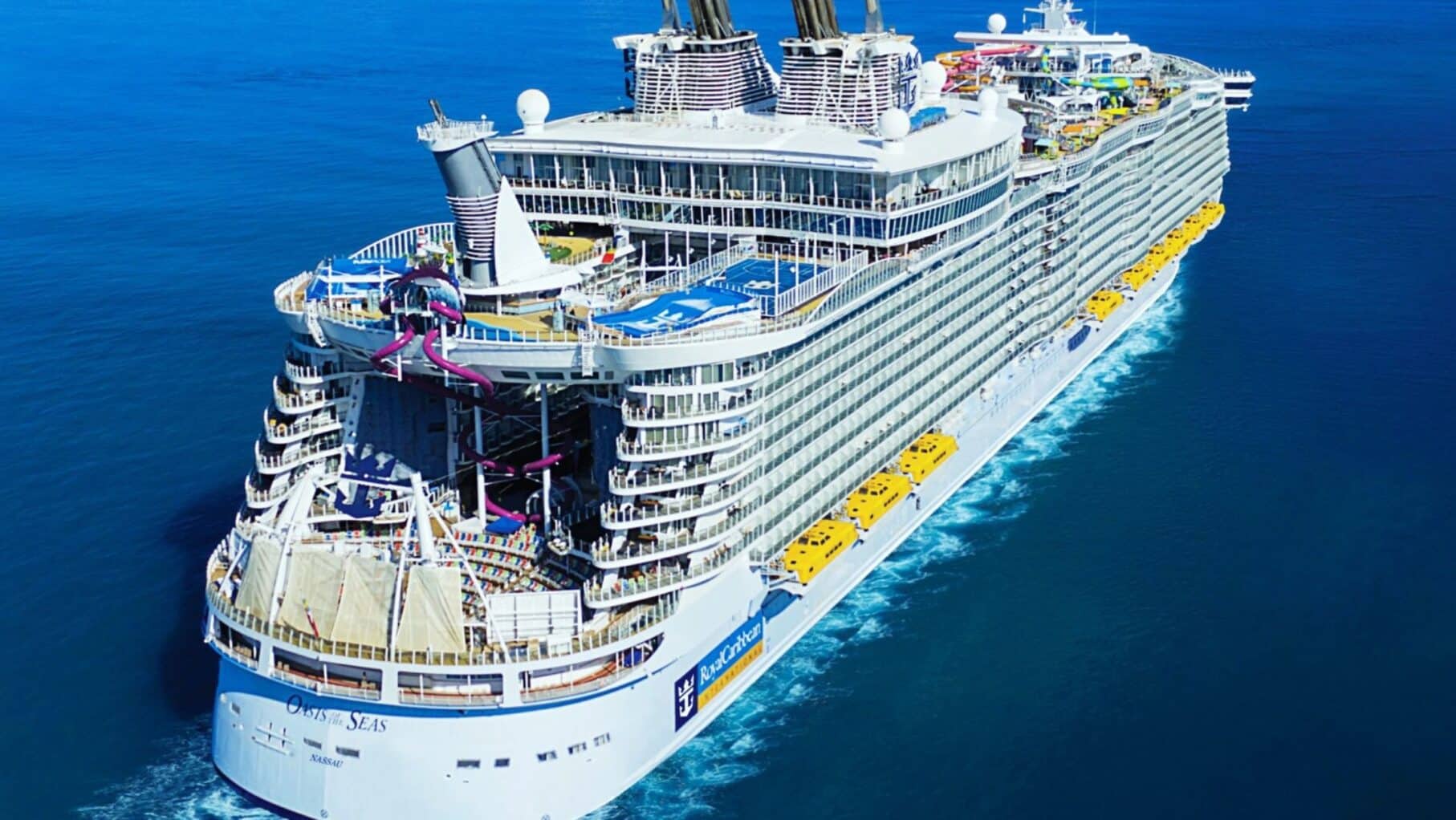
Why passengers shouldn’t be deterred by the terms and conditions
It is true that cruise lines reserve the right to itinerary changes in the terms and conditions, and passengers agree to this when they book a cruise.
However, the law doesn’t operate as simply as this, the cruise lines reserving this right do not overrule Australian Consumer Law.
Roy says: “Cruise lines’ terms and conditions usually stipulate that itineraries aren’t guaranteed.
“However Australian courts found in the Moore v Scenic Tours class action – where Scenic essentially gave passengers a coach tour instead of a river cruise because of bad weather – that when a cruise line knows that external circumstances will have a significant impact on the cruise but fails to notify passengers in advance, this is a breach of the Australian Consumer Law.
“Those passengers successfully won damages for the ACL breaches plus additional compensation for their disappointment over the ruined cruise. There is, therefore, a favourable precedent if Australian passengers launched their own case.”
The key factor in whether passengers can seek a refund, compensation or damages is not what is stated in the cruise contract, but rather whether the cruise line’s service was carried out according to the ACL.
“Claims essentially come down to an assessment of whether the cruise services were provided per the ACL. The contractual terms, such as a disclaimer that itineraries aren’t guaranteed, are a starting point in that assessment but are not conclusive. Indeed, in Moore v Scenic Tours, Scenic tried to rely on a term in the contract that it could change the itinerary, but the court found that it did not trump breach of the ACL.
“Cases are decided on a case-by-case basis and are usually very fact-specific. It is therefore hard to come up with any hard and fast rules. However, I would say that one factor that would be crucial for a claim to be successful is that the itinerary change had a significant impact on the cruise. That of course will depend on the itinerary and what changes were made.”
Should Australia institute more specific consumer protections for cruise passengers?
While all purchases of goods and services in Australia are covered under consumer law, governments can also take further actions to codify or enforce specific laws or regulations.
For example, new aviation regulations are currently being proposed to ensure timely refunds and cash compensations for those who have delayed and cancelled flights in Australia. A proposal like this has never been considered for the cruise.
While in some instances, cruises may initially offer no refund, and eventually cave, if refunds had to be offered automatically this would save a lot of hassle and offer more protection for the consumer. Furthermore, it doesn’t stand to reason that customers who are willing to continuously call and contact the cruise line and demand more should have more consumer rights than those who don’t have the time, patience or willingness.
What do you think? Should Australia have more protections in place for cruisers that have their itineraries changed, delayed or cancelled?


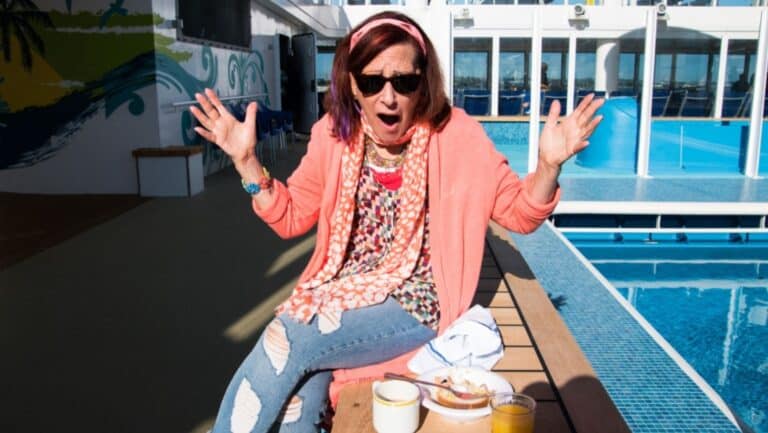
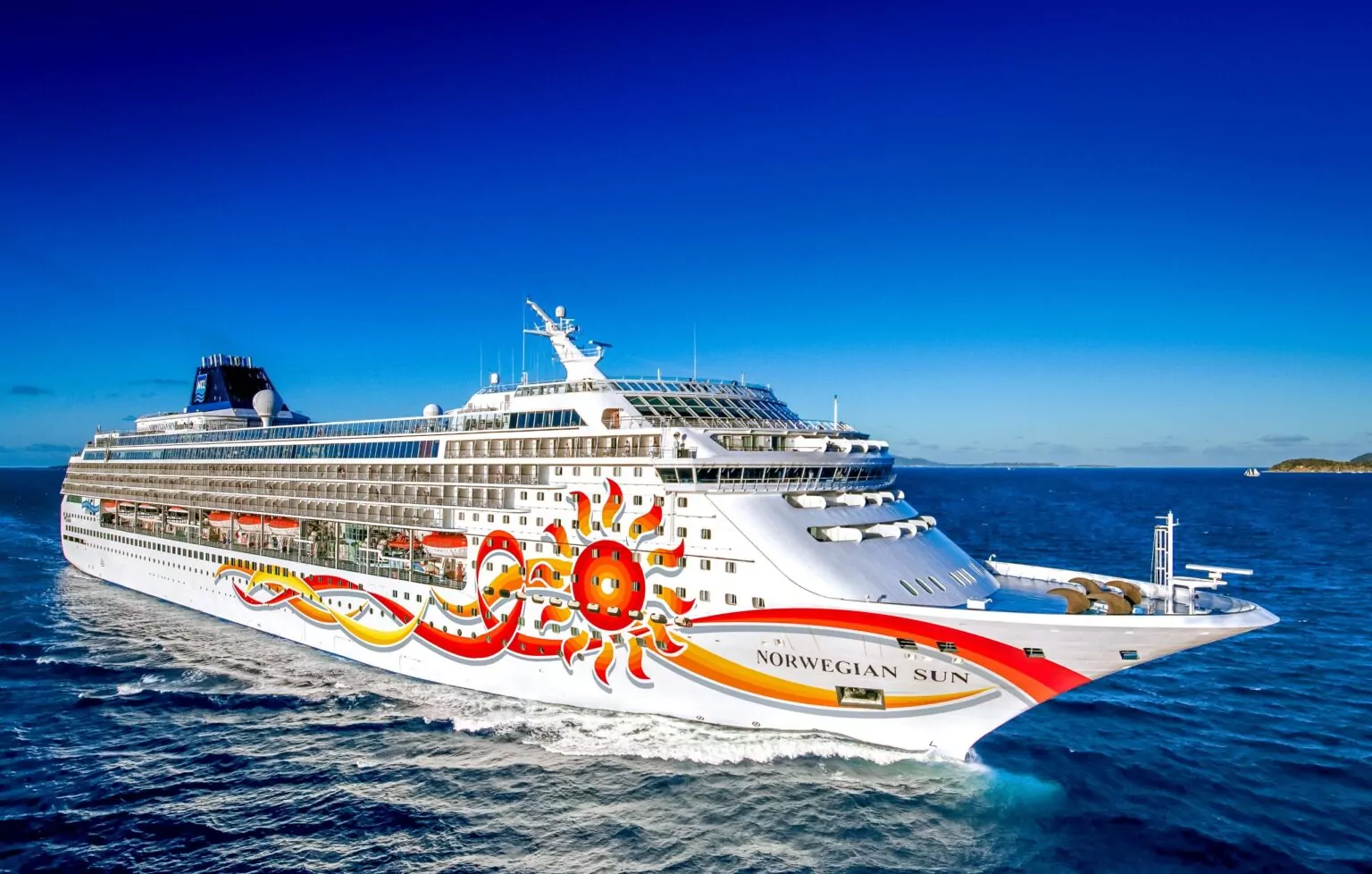
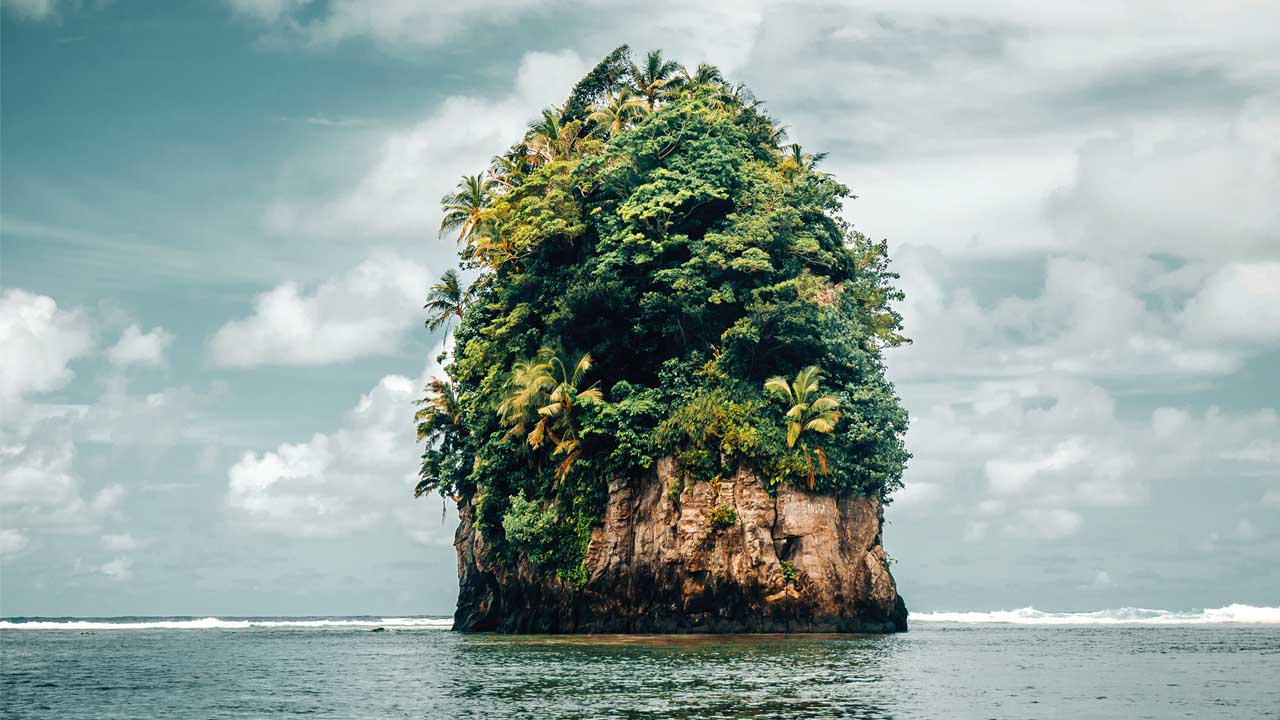





People who go on these cruises and expect refunds if they need to change itinerary due to weather conditions, this is why cost of cruising increases. Just don’t go in the first place.
If a port is changed becuase of bad weather/unrest I have no problem accepting an itinerary change but if the entire cruise changes destination then it is not the product purchased and you should be entitled to cancel with a full refund or, if you go ahead with the cruise to the new destination, a portion should be refunded. The option should be there.
A similar thing happend to us with Carnival. We did back to back cruises. Firstly to the Pacific Islands which went well
Then we were supposed to go to Moreton Island, but we went to Brisbane, no explanation but found out that the hull had to be pressure cleaned so the ship could sail to New Zealand on it’s next cruise.
Recently Princess missed a port in PNG due to a medivac. All passengers disembarking Brisbane, Sydney and Melbourne received a refund of port fees for missed port, but not those disembarking in Adelaide. Rationale? Passengers hadn’t paid enough port fees in original fare so therefore no refund!!! See facebook chat page on diamond princess Tokyo to Adelaide 4th September. Port fees were only around $16pp so minimal – just the principle.
As covid hit all South Seas Islands closed to cruise ships after we stopped at Noumea in 2020. WE went to NZ instead, got enough on-board credit to take a shore excursion from Tauranga and the Bay of Islands to Hobbiton instead. On the way home we went to Eden. Didn’t hear or any complaints.